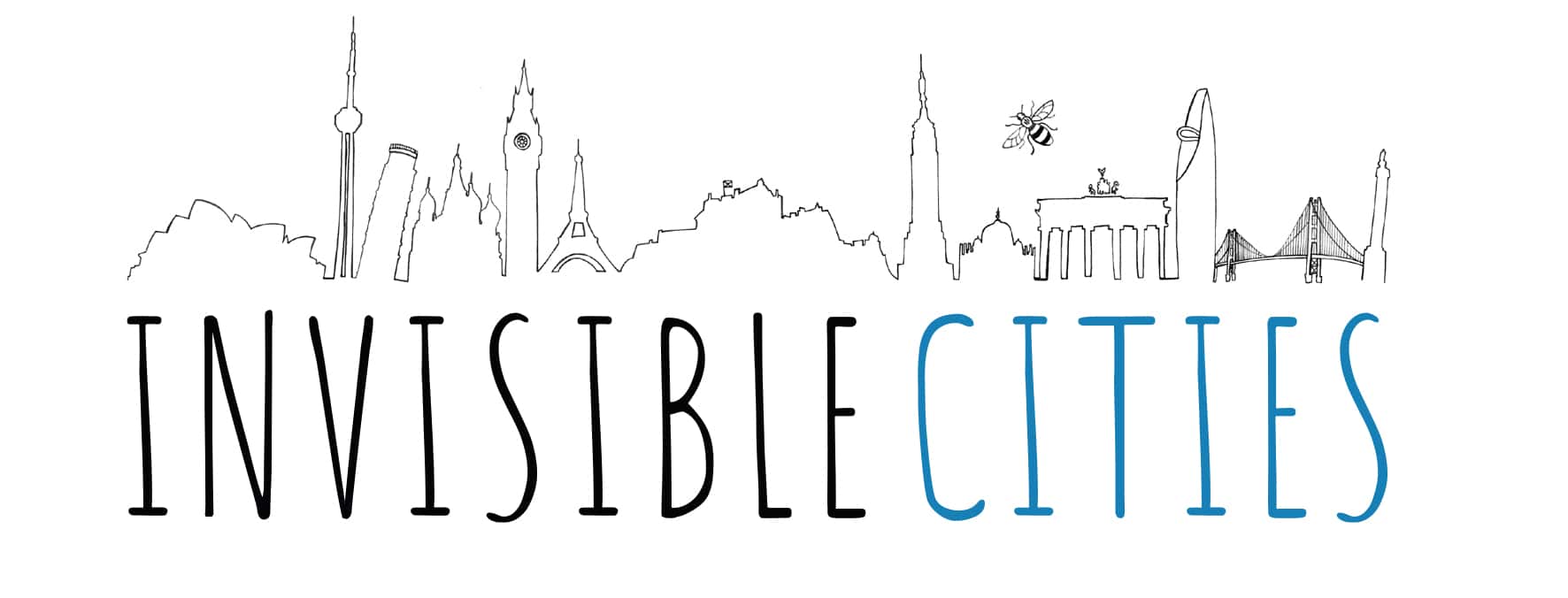A huge part of our social enterprise is dedicated to training. Whether that’s for new guides, existing guides or our wider team. And we get some incredible support from businesses to deliver training on public speaking, confidence building, storytelling, as well as wider life skills such as budgeting or computer skills.
Our philosophy has always been to train then hire. All of our guides are employed and paid the living wage, and they join us for a full 6-8 weeks of training covering all of the tools and skills they will need to become a guide.
We arrange visits to world class venues, attractions and experiences so that our guides can learn from the best in the business. We also work 1-1 with people to talk about and develop their personal passions and interests. All of our tours are designed by guides based on the topics and interests they want to explore, as well as helping them to structure the routes and tell their stories along the way.
So how does this ethos look in practice? Here is just a little of what we do and how we do it.
Learning about the city
We ask our guides what they’d like to learn about their city. This might be focussed on history, culture, or their hobbies and interests such as music, art, sports or food.
Meeting new people
We bring together businesses and support services so our guides can widen their network and meet new people from the city. This might be for companionship, support in areas such as housing or food, or other job opportunities.
Building confidence and transferable skills
We don’t just train people to become tour guides with Invisible Cities, we offer training in a wide range of transferable skills that people can use for job interviews, other employment opportunities as well as tools that will support their overall confidence and mental health. Our aim is to help people make positive steps in whichever direction they want to move forward in.
Employability or employment
Whether someone is looking for voluntary work or paid employment, we tailor our support and training to be as inclusive as possible. We hope to design everything we do to be as useful yet broad as possible when it comes to confidence building, moral support, employability and future employment.
Ownership and belonging
Homelessness can put people in very isolated and lonely situations. On top of that, people may be brand new to a city and not have any support, maybe speak English as a second language, and often feel overwhelmed on arrival in a new place. We know from the work we do that creating a sense of ownership is really empowering, that’s why we support guides to plan, research and design their tours their way. Our own community and extended community in the homelessness space in each city helps to create a strong sense of purpose and belonging. We try to meet up as often as we can in each city, and quarterly with everyone. Every Blue Monday we have a big team celebration of everyone’s hard work with all of our guides and staff.
Go on outings to different places in cities to learn
We are very lucky to be invited by organisations like the BBC and Timpson to find out more about what they do, how they run tours, or how they support marginalised communities. We took our guides and staff on a tour of BBC Wales to see their studios and learn more about their tours in Cardiff, as well as having an amazing morning hearing from Darren Burns, Head of Diversity & Inclusion at Timpson, on the work their foundation does and how they employ people who have spent time in prison.
Communities not service users
There are lots of stigmas associated with homelessness as well as myths and misunderstandings. We work hard to share insights and first hand stories that break down some of the pre-conceived ideas people may have. As such we take pride in being a community of our own as well as active members of other communities that support people who are experiencing homelessness including hostels, food banks, outreach teams and accommodation providers. We don’t use terms like service users, clients or homeless people.
Wider community activities
We are always looking for ways that we can be more active in the community and we love hearing your ideas. Some of the activities that we have run before have included a street barbers, making friendship bracelets, collecting phone chargers for drop in centres and making up Christmas hampers. What else could we do? We’d love to hear from you.
We are constantly improving our training and support services. We are incredibly grateful for the help we receive from businesses to deliver training and integrate people into our communities? Can you help? Please get in touch if you can.








